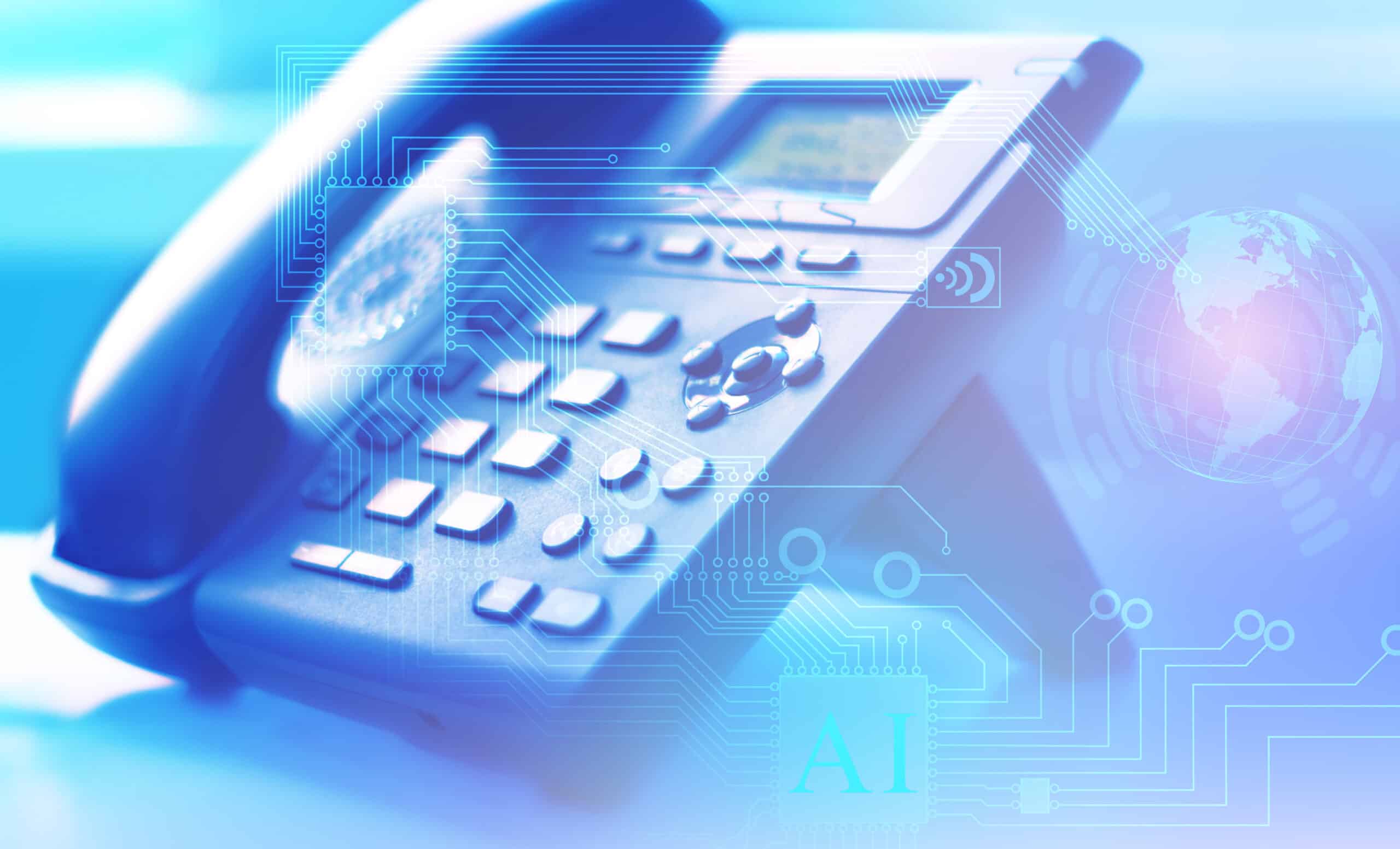A lot of people have a growing concern over communications being tracked. It started with things like social media messaging but has grown to fear that emails and even phone calls are being traced.
Tracing can happen by government officials, law enforcement, or unsavory types who seek to hack. Security for VoIP systems is highly rated but it can be tracked just as any internet communication can be traced.
VoIP Tracking
VoIP services work off the internet. They send all voice data through the internet and that makes it traceable. An IP address is mandated for a VoIP service and the voice data is routed from an IP address to either another IP address of another VoIP end user or converted into data to send to an analog phone system.
The internet leaves a digital trail that makes communication highly traceable. However, the phone call can also be traced once it is switched to a public telephone analog network also.
VoIP Texts
Anything going along the VoIP service, like texts, can also be traced just like VoIP calls. Tracing texts can easily be done with a SIP protocol that includes a filter for messages and also allows others to see the text body. However, seeing texts can be challenging because VoIP communications are encrypted.
Understanding SIP
One of the best practice protocols of VoIP is SIP. This is the procedure of inviting a callee to the call and the callee responds. That procedure allows the data to flow between the starting user and the end user.
The call ends and the system sends a BYE to notify the electronics on the end that the call is over. Because the SIP protocol has an official start and stop of the call, it makes both calls and texts more traceable.
Tracking VoIP is Different
Even though VoIP phone calls and texts can be traced, the method for tracking these communications is different from traditional landlines or even cell phones. Internet phone calls can’t be tracked to a specific location using the same methods that are used for cell phones.
Those tracking cell phones include cell phone tower triangulation. Anyone who has watched any law enforcement show knows that is tracing the call to the nearest cell phone tower where the call was made.
VoIP services allow calls to be forwarded to any phone anywhere in the world and use a different path than cell phones. It could include a data center as well as cell phone towers if the caller is using an app on their phone.
The one certain thing is the IP address of the originating call or the end call is traceable to a specific location. The ID information of the caller is also exposed.
There is another distinct difference between VoIP calls and texts and other types of calls. VoIP calls and texts are encrypted so those tracking can’t hear or see the actual messages even though they can see the ID information or IP address.
Intercepted Communications
Tracking and identifying communications like phone calls and texts isn’t common. The only way VoIP communications can be traced and captured is by law enforcement. Law enforcement required constitutional elements like warrants to trace phone calls.
This type of tracking can only be done by a legally authorized interception system located at an ISP. Those in charge of that system can distribute it to law enforcement who present a warrant requiring the intel.
However, law enforcement must still be able to decode and interpret the data sent by the ISP. They only send data and don’t decode the data into voice, video, data, or fax.
Ways to Avoid Tracing
There isn’t a certifiable way to avoid tracing using VoIP. Some think a virtual private network (VPN) will protect you from being traced. People use VPNs to avoid being traced while surfing the web. It’s reasonable to assume it can protect your privacy with VoIP.
A VPN sends your traffic to another server other than yours that acts as a buffer between you and the internet. That hides your IP address. However, the server you send your traffic to records all traffic coming to it so it is never completely untraceable.
There is a security through obscurity process to keep you untraceable but most professionals don’t advocate that. At some point, implementing methods to be untraceable becomes somewhat sketchy, especially for a professional.
Tracking isn’t nearly as important to security as encryption. Encryption is something VoIP services do well. In essence, it scrambles data packets into a jumbled salad of data while they are being transmitted. This prevents them from being captured or decoded.
Your focus should be on the type of encryption your VoIP services uses and how it stacks up against hackers.
Be sure your end is encrypted also with proper SSL certificates to protect anything coming out of your system. OpenVPN offers some advantages because the audio is encrypted. Open VPN is still traceable but with encrypted audio, the only visible aspects are basic information about the call.
You should also have things like a firewall, an intrusion prevention system (IPS), and other basic security measures.
VoIP is a highly secured system because of its encryption. While it can be tracked, it offers as much or more security than cell phones or landlines which can also be traced. Only law enforcement can track you with a court-ordered warrant so tracking should be as big a concern as intercepting messages, which is what a hacker would do.
Encryption prevents any hacked communications from being used or decoded by hackers. That makes a good case for those concerned about security to use VoIP services.








